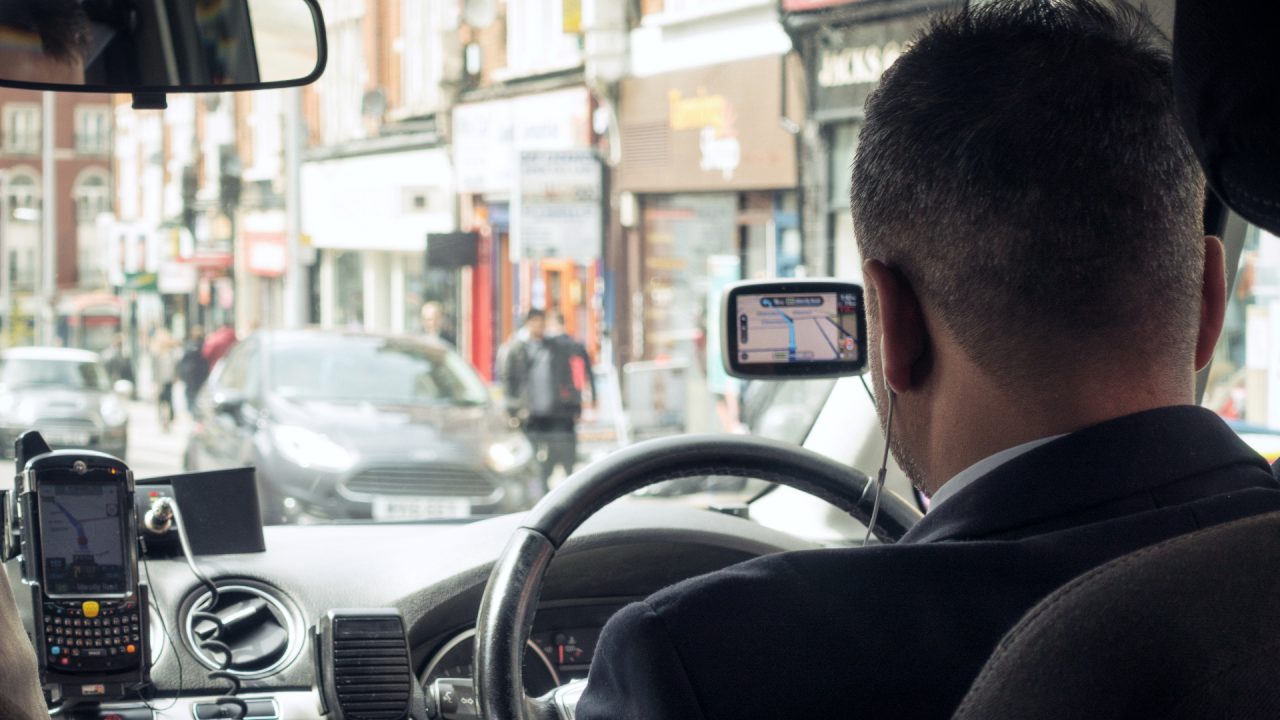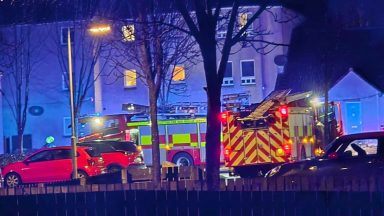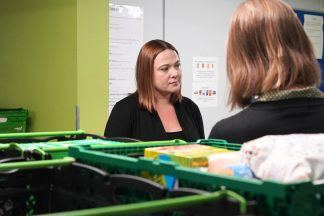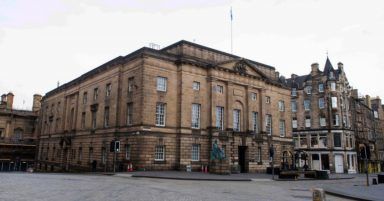A cap on the number of private hire taxis in Edinburgh will most likely not be introduced following a drop in the number of cabs in the city during the pandemic.
The number of licensed private hire cars (PHCs) in the capital fell by nearly a fifth from 2,518 to 2,056 between 2020 and this year, including cars which take bookings on ride-hailing apps such as Uber.
A public survey suggested there was overwhelming support to introduce a limit on numbers, despite an assessment of over-provision concluding a cap on PHCs is “not justified” at this time.
Council officials said a further short period of engagement should be undertaken before councillors reach a final decision.
Initial stakeholder consultation saw taxi operators in the city call for further restrictions on the types of vehicles that can be licensed and for the use of a meter “to be made mandatory”.
In addition, they supported drivers being made to sit a London-style ‘topographical test’ as part of the licence process, which would assess an applicant’s knowledge of Edinburgh’s streets.
The council’s regulatory committee was presented with the findings on Monday as members were told of the impact Covid-19 had on the industry.
Kevin Woodburn, speaking on behalf of Edinburgh City Private Hire, said the report – which showed an 18 per cent drop in the number of PHCs in Edinburgh over the last two years – is “very much reflective of the decimation the trade suffered at the hands of the pandemic”.
Jacobs, which carried out the survey for Edinburgh City Council, said the private hire trade is still recovering from the impact of Covid with evidence showing that “a large number of drivers has (sic) left the trade”.
The report said: “Jacobs conclude that there is ‘little evidence’ of over-provision of PHCs in Edinburgh.
“This conclusion is based on their analysis of the available data and feedback from stakeholders. The drop in the number of licences shows that the PHC market contracted during the pandemic. It would therefore corroborate Jacobs’s conclusion on over-provision more generally.”
A public survey with 300 people – which the report notes is a “relatively low response rate” – saw “over 90% of respondents” supporting the introduction of a PHC cap.
Meanwhile taxi operators “considered there to be too many PHCs in circulation” and backed a limit being put on the number of licences the council can approve.
The report also stated that cab companies “called for the types of PHC vehicles to be further restricted and for the use of a meter to be made mandatory” and “wanted PHC drivers to be required to pass a topographical test prior to the grant of a licence”.
Meanwhile, a separate study found “no evidence” of significant unmet demand in Edinburgh for taxis that can be hailed without pre-booking.
The council said: “Officers agree that, at this time, it appears that there is insufficient evidence to justify the introduction of a PHC over-provision policy.
“It is therefore recommended that a further short period of engagement is undertaken, to allow the PHC trade and all other interested parties to comment on the Jacobs report, before the committee reaches a final decision.
“Upon completion of this, members will be in a position to decide whether an over-provision policy is necessary.”
Mr Woodburn did not object to the report’s findings, however he encouraged the council to undertake more “data driven decision making” in future assessments by obtaining information from operators such as number of booked vehicles, late bookings, cancelled bookings and customer no shows.
“All this data is required to give a relevant picture of the state of the market at any given time,” Mr Woodburn added.
Follow STV News on WhatsApp
Scan the QR code on your mobile device for all the latest news from around the country


 Georgeclerk
Georgeclerk























